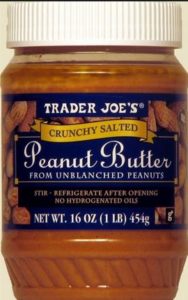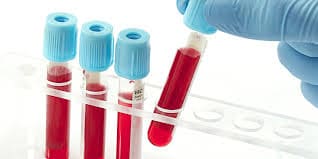Q. “I hear a lot about the health benefits of eating fish, but are other types of seafood (such as shrimp, mussels, oysters, calamari, etc.) just as good for us? I enjoy eating them but would love to know more about how they fit into a healthy diet.”
A. Absolutely! Seafood can be broken down into several different categories: finfish (which include fish like salmon and trout), mollusks (which include clams, calamari, oysters, scallops, and mussels), and crustaceans (which include shrimp, crab, and lobster). And let’s not forget about those sea vegetables!
As is the case with land animals (and vegetables), each type of seafood has its own unique nutritional profile, but we can also make some generalizations:
- All seafood (with the exception of sea vegetables) are good sources of protein.
- Seafood is one of the better dietary sources of vitamin D.
- Mollusks tend to be rich in selenium and zinc.
- Crustaceans are often high in cholesterol
- Because most seafood lives in salt water, they also are relatively high in sodium, compared with other animal proteins.
Of course, one of the main health benefits of fish is the omega-3 fatty acids. But the amount of omega-3 varies considerably from type to type. Tilapia, orange roughy, and cod, for example, are all relatively low in omega-3 fatty acids.
Among the best sources of omega-3s are salmon, sardines, sablefish, anchovies, and herring. Among the shellfish, oysters are the only ones with comparable omega-3 levels.
This article was originally published on QuickandDirtyTips.com
![]() In a Nutrition Diva podcast on the best sources of calcium, I wrote:
In a Nutrition Diva podcast on the best sources of calcium, I wrote:


![sugar-free[1]](https://nutritionovereasy.com/wp-content/uploads/2015/05/sugar-free1.gif)
